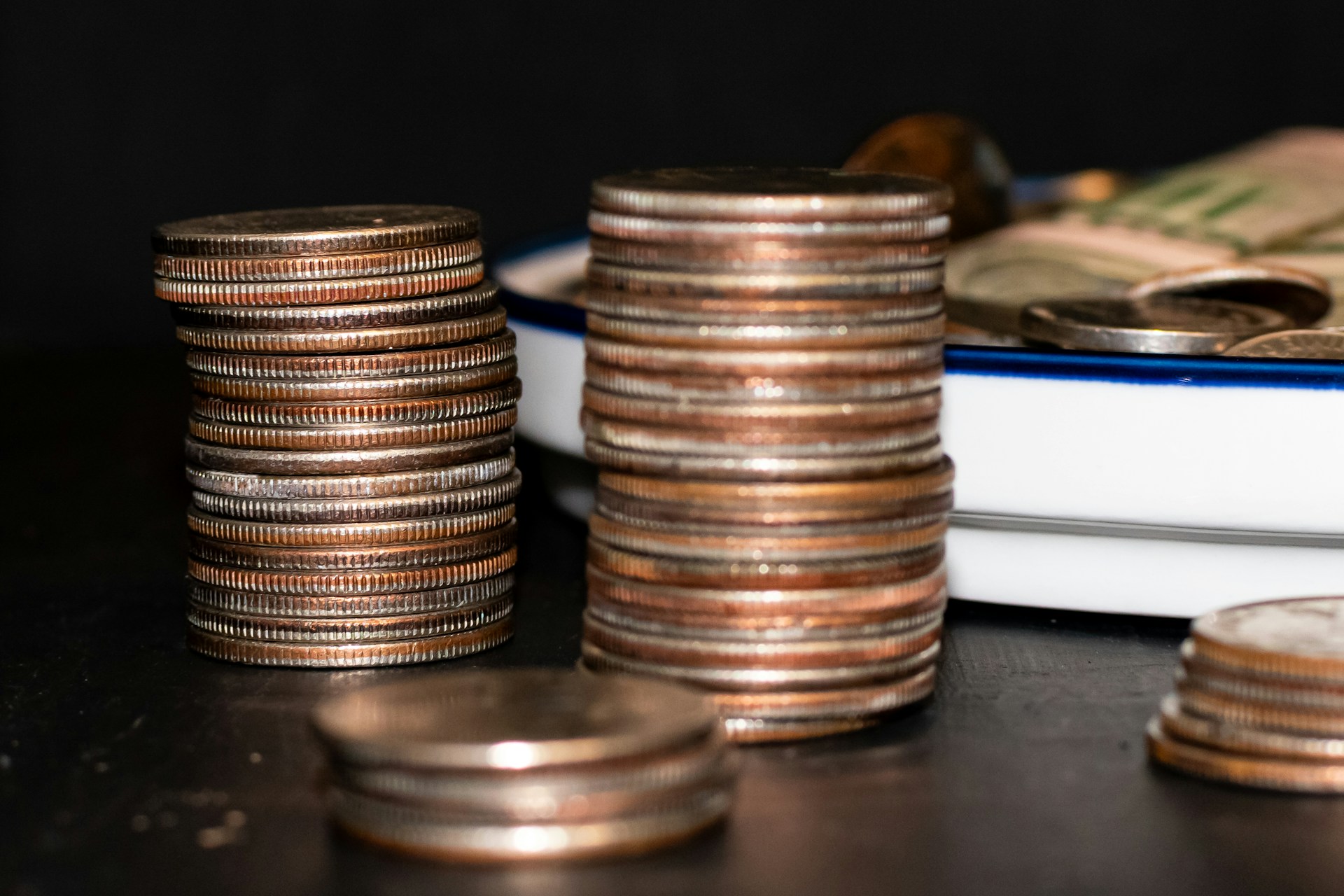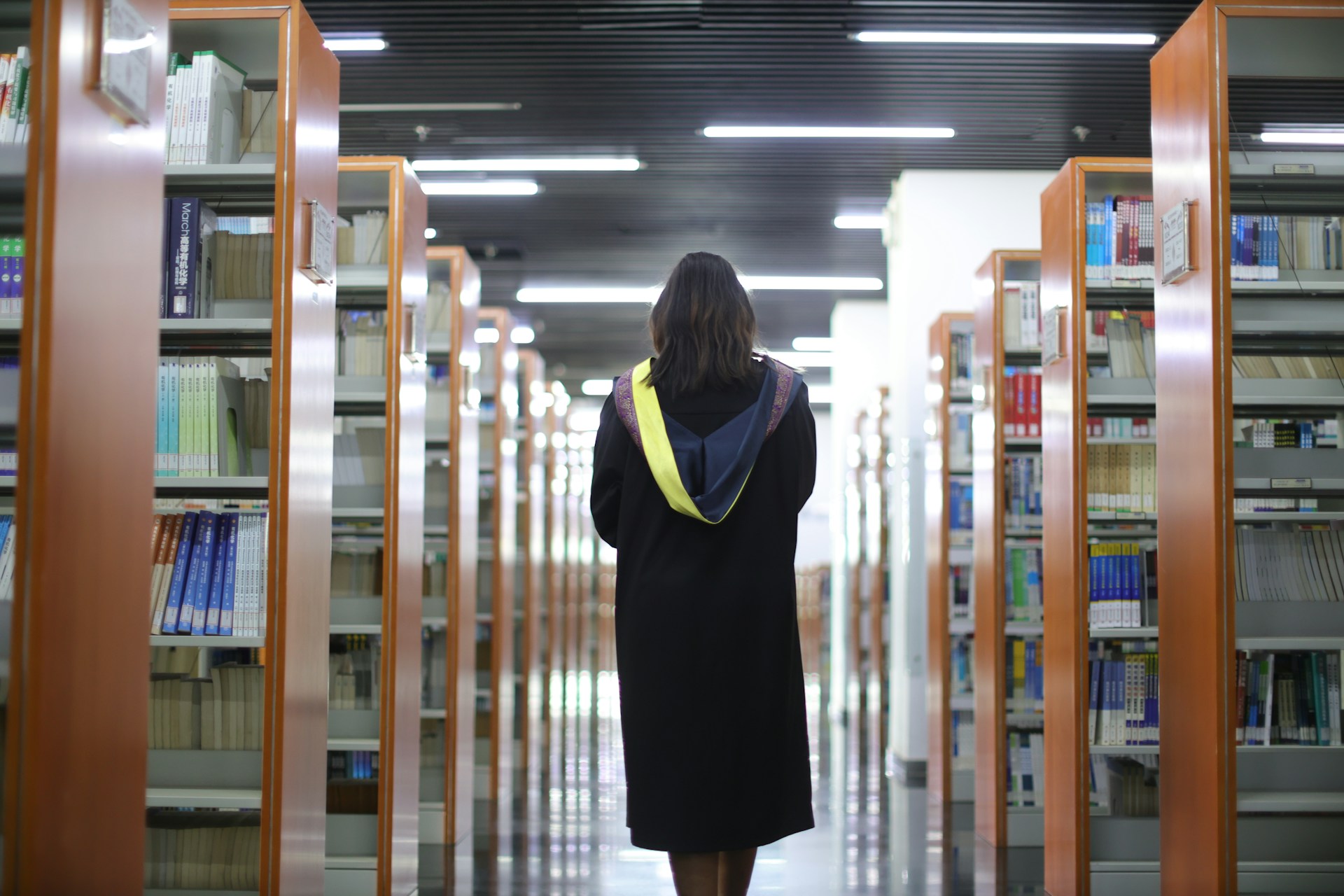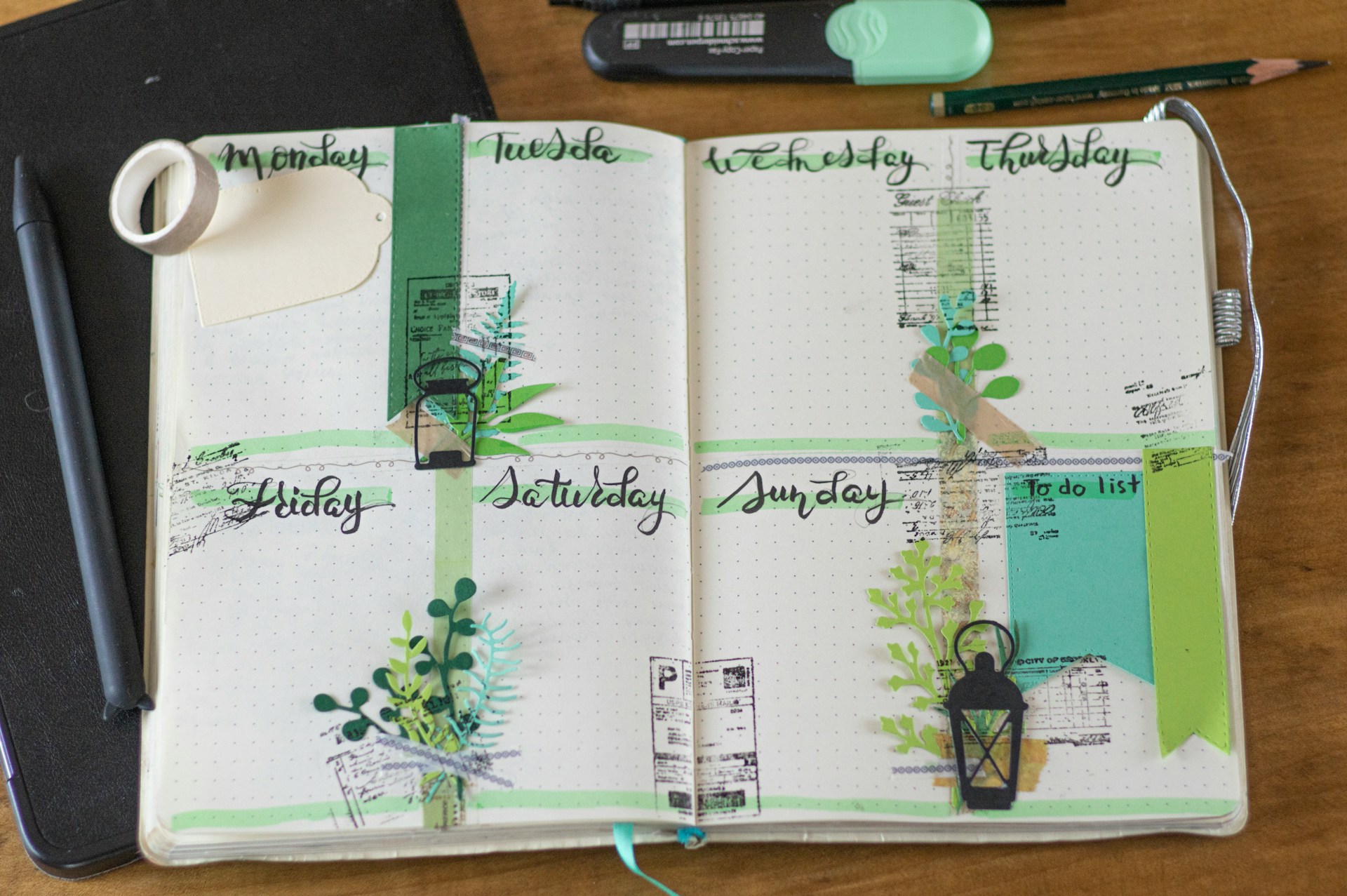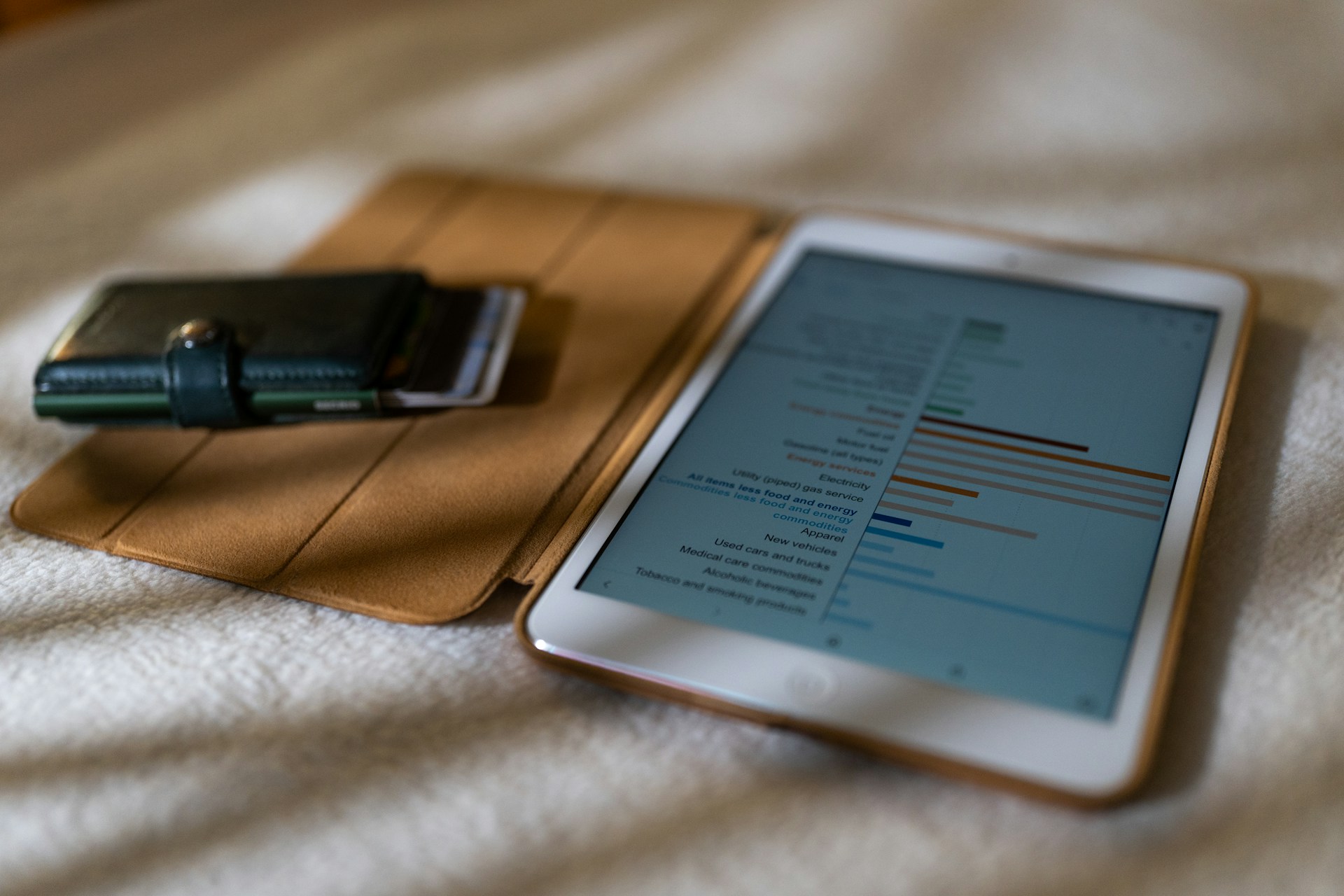News & Blogs
Cost of Studying in Australia: Tuition, Living & Hidden Expenses

Introduction: Why It’s Important to Understand the Real Cost of Studying in Australia
Going to study in Australia can be a big adventure that will be full of learning, friends, and new experiences as well finding dream jobs and earning tons. But before you get all excited about this, it’s very important for you to know how much is truly the cost of studying in Australia. If you only think about the fee for classes, you might miss other important expenses—and then your plan may not work out as properly as they had initially thought about.
The tuition fee is just the start of the cost of studying in Australia. On top of that, you will also need to pay for living expenses in Australia while studying there, like renting a room to live on, buying food, and paying for transport, buying clothes and other essential day to day stuff. The Australian government says students should budget around AUD 24,505 per year just for these everyday things. When you add classes, health insurance, books, and even visa costs, the cost of studying in Australia can be much higher than you had thought of.
Also, there are hidden expenses—things that students usually often forget to add on their budget spending list. Hidden expenses like expenses needed for OSHC health insurance, money for visa fees, school materials, and even some spending cash for fun times. These can add hundreds or even thousands of dollars more each year.
That’s why we Global Education Counselling Centre (GECC) tells every student: to plan for everything, not just for their tuition. Whether you’re on a tight student budget, applying for scholarships in Australia, or looking into international education planning, it’s best to begin with a full picture of all possible costs.
In this blog, we will help you understand:
- The tuition fees you will pay for different courses
- The living costs like rent, food, and transport
- The hidden expenses such as visa and insurance
- Money-saving tips and how to build a smart budget
- How to make a complete budget plan for a successful Australia study journey
Knowing the real cost of studying in Australia helps you to feel ready and confident. With good planning, studying in Australia can be fun and stress‑free. Let’s get started on this, then!
Cost of Studying in Australia: Tuition Fees

When you decide to study in Australia, one of the biggest costs of studying in Australia you need to consider is the tuition fee. This is the money you will need to pay to the university or college so you can attend classes and learn.
The tuition fee depends on:
- The type of course you choose
- The university or college you go to
- How long your course lasts
Here is an idea of the average tuition fees cost of studying in Australia for different levels of study:
Undergraduate Degrees (Bachelor’s)
If you are starting university for the first time, you will usually study for a Bachelor’s degree. This course usually takes 3 to 4 years.
- Average cost: The average cost of studying in Australia for completing Bachelors is around AUD 20,000 to AUD 45,000 per year
- Courses like Engineering, Business, and IT can cost more than Arts or Education
Postgraduate Degrees (Master’s)
A Master’s degree is for students who have already finished a Bachelor’s degree.
- Average cost:The average cost of studying in Australia for completing Masters is AUD 22,000 to AUD 50,000 per year
- Some courses like MBA or Medicine cost more than others
Vocational Courses (TAFE and Diplomas)
These are shorter, practical courses where you learn skills like cooking, design, or mechanics.
- Average cost:The average cost of studying in Australia for completing vocational course is around AUD 4,000 to AUD 22,000 per year
Vocational education is a good choice if you want hands-on training and lower costs.
Scholarships and Financial Help
Many universities and colleges also provide scholarships to help students pay tuition fees. You can apply for scholarships made for international students studying in Australia. Some scholarships cover part of the tuition fees, and also some cover the full cost.
The Global Education Counselling Centre (GECC) helps students find scholarships and apply for them.
Important Tips from us GECC
- Always check the exact tuition fee for your course before applying so that you can properly make a budget plan while studying in Australia.
- Look at the university’s official website or talk to education counselors like our GECC.
- Remember to include student services fees in your budget plan, which universities may charge every semester
Planning ahead and knowing these cost of studying in Australia will help you prepare better and be ready for changes. With the right course and good advice, your journey to study in Australia can be exciting and affordable.
Cost of Studying in Australia: Living Expenses

When you study in Australia, you will need to pay for more than just your tuition fees. You have to live there too when studying right? This means you will spend money on things like where you live, food, transport, and other daily needs. These are called living expenses.
Knowing about these costs helps you plan your money better and avoid surprises in cost of studying in Australia.
1. Accommodation (Where You Live)
One of the biggest costs of studying in Australia is finding a place to live. Here are some options for you to consider:
- On-campus housing: Some universities have dorms or rooms for students. It’s easy but can be more expensive.
- Shared apartments or houses: Many students share a place with each other to save money, making this option more suitable if you want to save more money.
- Homestays: You can also consider living with an Australian family. Living with them helps with improving your language skills and culture but costs change depending on the city the family is living in, family condition etc.
Average costs:
- AUD 90 to 280 per week for shared housing
- AUD 250 to 440 per week for on-campus or private rentals
2. Food and Groceries
You will also need to buy food to cook at home or eat out sometimes.
- Cooking your own food is cheaper than eating out and is also healthy for you.
- Eating out costs more but is very easy and convenient.
Average costs: Around AUD 80 to 150 per week for groceries.
3. Transport
You will need to travel to your university, shops, and other places and for that you will need to do transportation with public transportation services which also needs money.
- Most cities have good public transport like buses, trains, and trams.
- Many students get a discount card for cheaper travel.
- Sometimes you may also consider buying a bike or even a car or you can also try sometimes using ride-sharing apps.
Average costs: Around AUD 30 to 60 per week for public transport.
4. Phone, Internet, and Utilities
You will also need a phone plan and internet for study and staying in touch with your family to prevent homesickness.
- Phone and internet plans can cost AUD 30 to 60 per month.
- Utilities like electricity and water may be included in rent or paid separately.
5. Fun and Social Life
Studying abroad is also about enjoying new experiences.
- Movies, sports, eating out with friends, and other activities cost money too.
- Budget about AUD 50 to 100 per week for fun and social activities.
Why It’s Important to Know Your Living Costs
The government says students should plan to spend about AUD 21,000 to 24,000 each year on living costs alone. This is just for basic needs and does not include tuition fees.
At the Global Education Counselling Centre (GECC), we advise students to plan a realistic studen cost of studying in Australia budget that includes all these daily expenses as doing so helps you to be ready about all these things and so you focus on your studies without worrying about money.
Cost of Studying in Australia: Hidden Expenses

When you plan the cost of studying in Australia, you might think only about tuition and rent along with other daily spendings. But there are many other costs that students often forget. These are called hidden expenses, and they can surprise you if you don’t prepare for them so you will also need to add them in your cost of studying in Australia budget.
Let’s look at the most common hidden expenses:
1. Visa Application and Health Checks
To study in Australia, you will need a student visa. Applying for this visa costs money. You might also need to do a medical check or get special health tests.
-
Visa fees can be around AUD 630 or more.
-
Medical checks vary depending on your country.
2. Overseas Student Health Cover (OSHC)
The Australian government requires all international students to have health insurance called OSHC. This helps pay for doctor visits, medicine, and hospital care while you are in Australia.
-
OSHC costs about AUD 500 to 600 per year.
-
You must buy it before you get your visa.
3. Study Materials and Books
Textbooks, printers, stationery, and software are also items that are needed by you for your studies. These costs at first may seem small and insignificant but can add up during the year.
-
Textbooks can cost AUD 500 or more per year.
-
Some courses require special equipment or software.
4. Initial Setup Costs
When you first arrive, you will need things like bedding, kitchen items, towels, and clothes for the Australian weather.
-
This can cost AUD 500 to 1,000 depending on what you buy.
5. Travel and Leisure
Visiting home during holidays or traveling around Australia costs money too.
-
Plane tickets can be expensive, especially if booked last minute.
-
Exploring Australia can be fun but costs should be planned.
Why Knowing Hidden Expenses Helps
Many students get worried when they face these extra costs suddenly. So we Global Education Counselling Centre (GECC) advises all students to also budget for these hidden expenses in their cost of studying in Australia from the start so that, you won’t be caught off guard, and you can enjoy your study time without money stress.
Cost of Studying in Australia: Money-Saving Tips and Budgeting Advice

Studying in Australia is for sure exciting and a life changing event, but it can also be quite expensive to do. The good news is you can save money and manage your expenses if you plan well.
Here are some easy tips to help you spend less and make your money last longer.
1. Get a Part-Time Job
As an international student, you can work up to 20 hours part-time jobs in Australia per week during study time and full-time during holidays to manage your cost of studying in Australia. Many students find part-time jobs in cafes, shops, or as tutors.
- This helps you earn some money to pay for your daily needs.
- Remember to follow the rules of your student visa.
2. Use Student Discounts
Many places in Australia also give discounts to students. You can use these discounts to save money on transport, movies, restaurants, shopping, and even phone plans.
- Always be sure to carry your student ID card along with you to get discounts.
- Look for special student deals online and in stores.
3. Cook at Home
Eating out can be way more expensive than cooking by yourself. Cooking your meals at home saves money and is healthier.
- Buy fresh vegetables and fruits from local markets.
- Plan your meals to avoid wasting food.
4. Use Budgeting Apps
There are many free apps that help you track your spending and manage your budget. These apps remind you how much money you have left and where you are spending too much.
- Apps like “Mint,” “Goodbudget,” and “Wally” are easy to use.
- You can find apps that work offline too.
5. Use Free University Services
Australian universities offer free services to students, like counselling, career advice, and study help.
- Take advantage of these services to save money on extra help.
- Join free student clubs and events to make friends and have fun without spending a lot.
Conclusion to Cost of Studying in Australia: Planning Ahead for Financial Success
Studying in Australia is a wonderful chance for you to learn, grow, and make new friends. But it’s also very important for you to plan your money carefully so you don’t have any surprises later on, on your budget plan.
The cost of studying in Australia is more than just tuition fees. You need to think about living expenses like rent, food, transport, and those hidden costs like health insurance and books.
By planning ahead, you can manage your money much better and be ready for all sudden changes. Making a budget helps you know how much you can spend each week and saves you from money worries. It also lets you enjoy your time without stress.
If you feel unsure about costs or how to plan, we Global Education Counselling Centre (GECC) are here to help you, and for that you just need to simply contact us. We will guide you step-by-step so your journey of studying in Australia is smooth and successful.
Remember, good money planning of cost of studying in Australia means you can focus on your studies and enjoy your new life in Australia with confidence!




